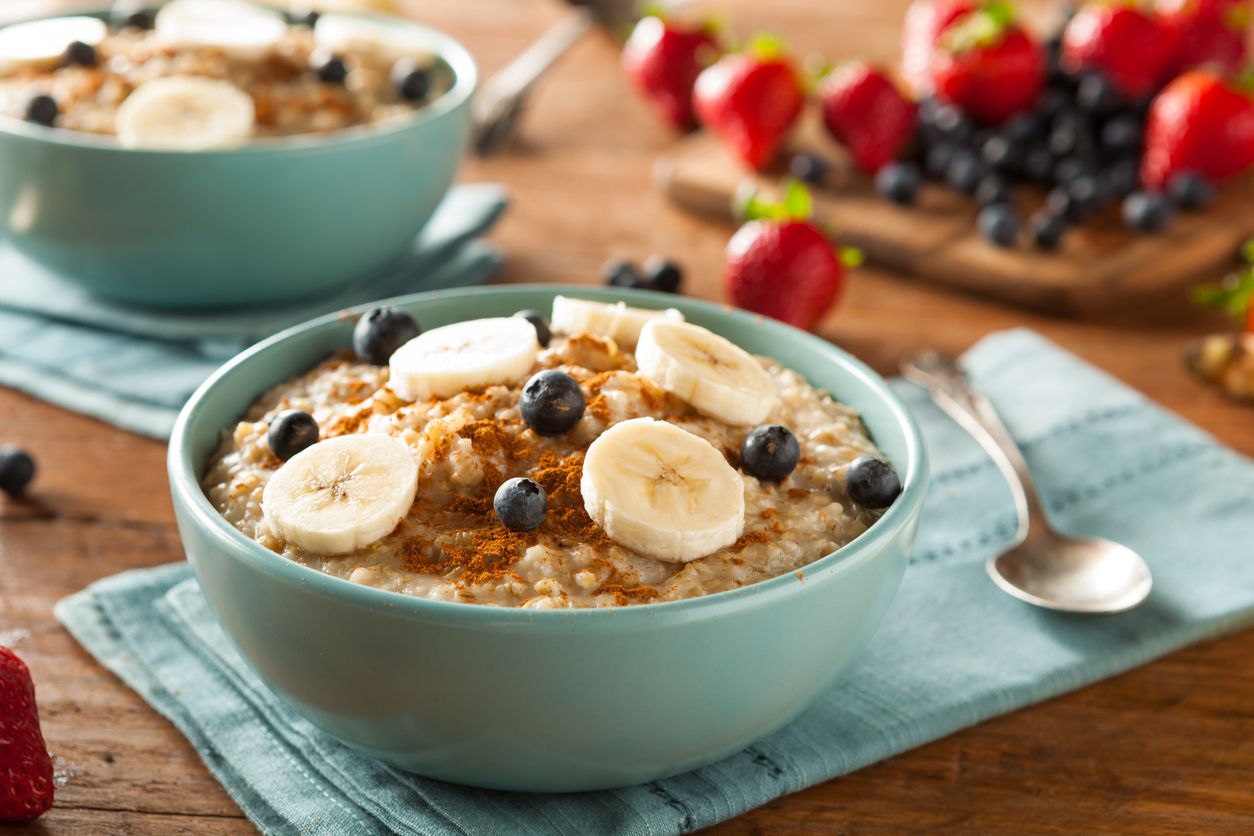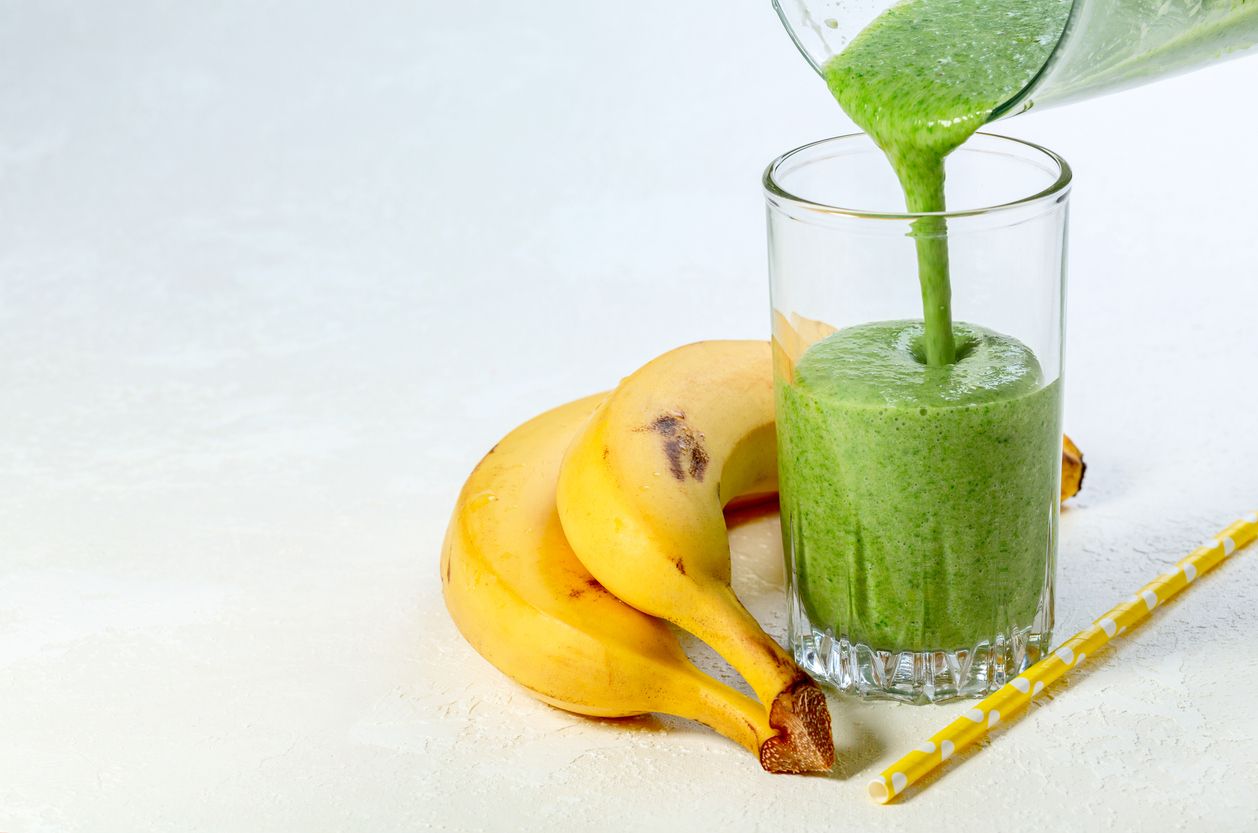How cultivating gratitude can get you closer to achieving your goals
What is so powerful about gratitude that it can actually help us with both goal setting and achieving?

What is so powerful about gratitude that it can actually help us with both goal setting and achieving? The answer is twofold: First, goals are more likely to be achieved when we feel good about ourselves, and second, gratitude helps us feel better about ourselves.
Research shows that when we feel more confident and hopeful, we are better able to work towards and achieve our goals (Colman, 2019). Confidence and sense of well-being can be achieved different ways, but one simple way is through the exercise of gratitude. When we get into the habit of noticing good things in our life, no matter how small or insignificant, our mental and physical health can improve.
In two separate studies, the effects of gratitude on health were measured. In the first study, one group kept a log of weekly events for which they were grateful while the control group kept a log of events which aggravated them. The participants who focused on gratitude had better outcomes, both physically and emotionally than the group who focused on irritants (Harvard Health Publishing, 2021).
In a second study, participants were asked to write and deliver a letter of gratitude to someone who had done something nice but had never been properly thanked. Their happiness scores improved greatly and lasted for a few weeks.

Our emotions have a great impact on how much we stick to our goals. The happier we are, the more focused and persistent we will be (Colman, 2019). So when self-criticism and doubt start showing up, replace them with feelings of self-worth and confidence. Here are some practical ways in which we can increase our sense of well-being using gratitude (Colman, 2019):
- Keep a weekly or daily gratitude log (can be audio or written)
- Express gratitude to someone in a letter or even a thank-you note
- Pick a gratitude partner and share events for which you are both grateful
- Say “thank you” more often, at stores, restaurants, etc.
- Create a gratitude portfolio with your kids using photos or other memories.
- Notice things around you that bring you joy or peace, and make a mental note
- Keep it fresh. Make sure whatever you do is fun and not a chore.
Gratitude is cultivated just like any other good habit. By consciously practicing the act of noticing good things, we can help improve our emotional and physical health, which puts us a step closer to achieving our goals.
References
Colman, J. D. (2019). Optimal functioning: A positive psychology handbook. Individually published.
Harvard Health Publishing. (August, 2021). Giving thanks can make you happier. https://www.health.harvard.edu/healthbeat/giving-thanks-can-make-you-happier







